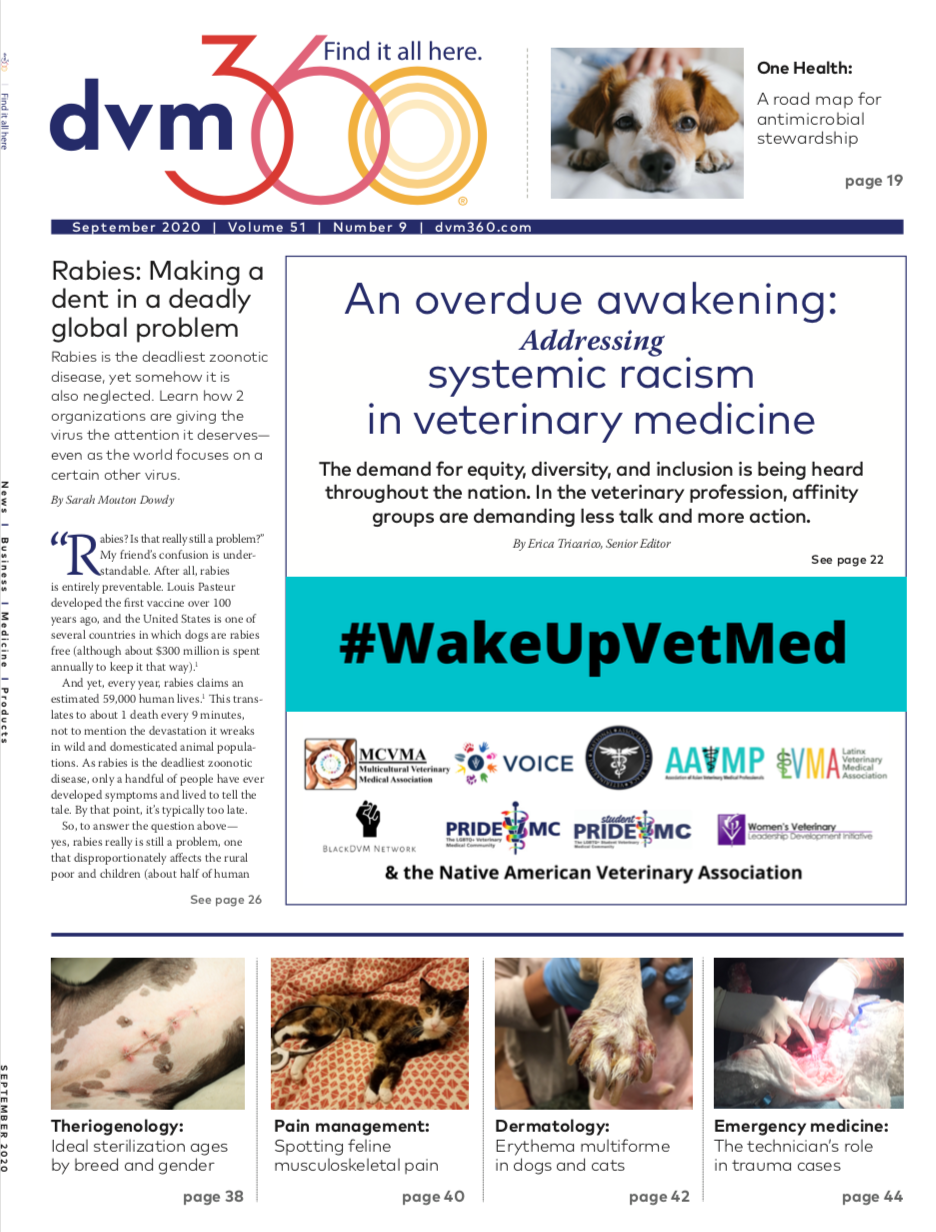Private-sector veterinary hospital ratifies union contract
This historic agreement will address the low wages and unjust policies within the profession, thus making veterinary medicine a more viable career.
makibestphoto /stock.adobe.com

Employees at Columbia River Veterinary Specialists (CRVS) in Vancouver, Washington ratified the first-ever private-sector veterinary union contract last month, according to the International Longshore and Warehouse Union (ILWU). The overwhelming victory (53-1 vote) came after more than a year of bargaining with CRVS management, according to an ILWU press release.
“This is only the first step toward making veterinary medicine a viable career during this time of corporate greed,” says CRVS employee Kat Bennett, LVT, VTS (SAIM), in the release. “[Our contract] will provide veterinary workers with protections, wage equality, and establish a foothold for continued improvements in working conditions.”
Although union contracts have been ratified in a couple of corporate-owned practices to date, this is the first to be ratified in a privately held veterinary hospital.
What this contract means for the profession
Liz Hughston, MEd, RVT, CVT, LVT, VTS (SAIM) (ECC), president of the National Veterinary Professionals Union, echoes Bennett’s sentiments. “Having a contract that provides for fairness in the workplace, and one that raises the bar on wages and benefits, is an amazing and critical first step toward sustainability of this profession for credentialed veterinary technicians, veterinary assistants, customer service representatives, and all of the hard-working people caring for pets every day,” she tells dvm360.
Massive consolidation, low wages, long hours, and workplace hazards have caused many to leave the profession in hopes of finding a more sustainable career. According to 2018 Bureau of Labor Statistics, veterinary technicians in the United States earn about $33,000 per year—not nearly enough to support a family of 4.
Tracie Vestal, LVT, also employed at CRVS, had not received any meaningful wage increase from the hospital in more than 5 years of employment there. “I had considered substandard pay par for the course as a veterinary technician and had been debating leaving the industry,” Vestal says in the release. “This was an agonizing consideration given my deep and abiding love and dedication to the veterinary profession.”
Benefits of this historic contract
The CRVS contract, which is retroactive to January 1, 2020, includes a “just cause” standard of protection (rather than “at-will” employment) and fair policies for determining layoffs and recalls based on seniority. It also includes annual cost-of-living wage adjustments over the next 3 years. Once the contract is implemented, workers can expect to see an average wage increase of about 7%, and by the end of the agreement in June 2023, current CRVS employees can expect a 17% increase in pay, on average.
Additionally, workers will be “compensated via an agreed-upon wage structure, including differentials for overnight work, additional certifications and demonstrated proficiency, and seniority tier,” says ILWU.
Looking to the future
Despite this win, “there is still much work to be done, both at the bargaining table, as well as across the country in this industry when it comes to our rights in the workplace, and creating sustainability and longevity in the veterinary profession, and we are excited to be a part of that movement,” says Hughston. “We are hopeful that this contract will serve as a model and a cornerstone on which we can build a sustainable movement throughout our industry.”
